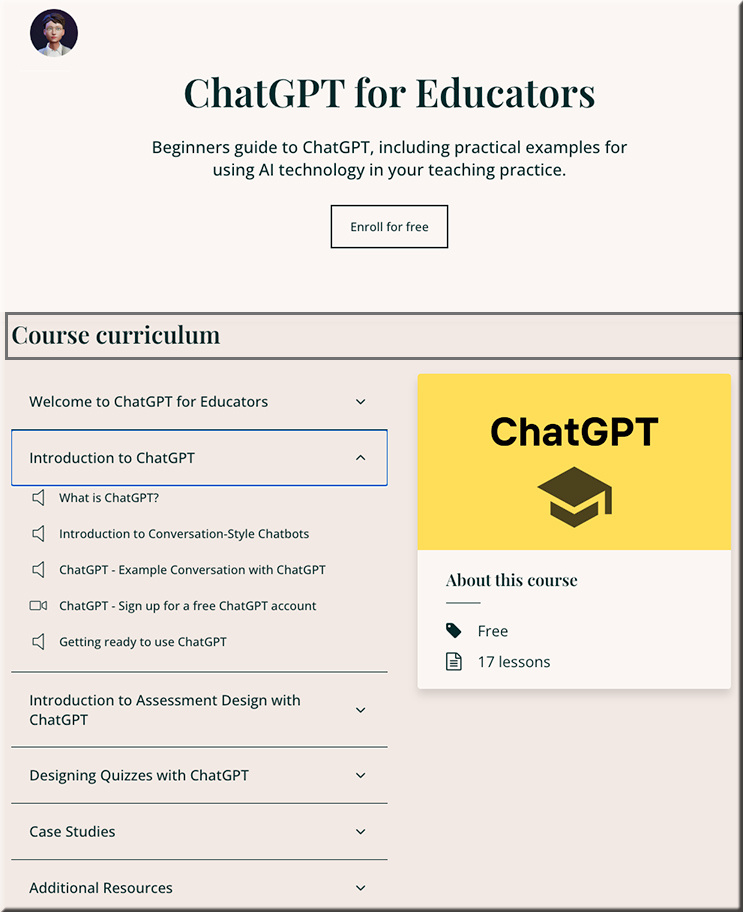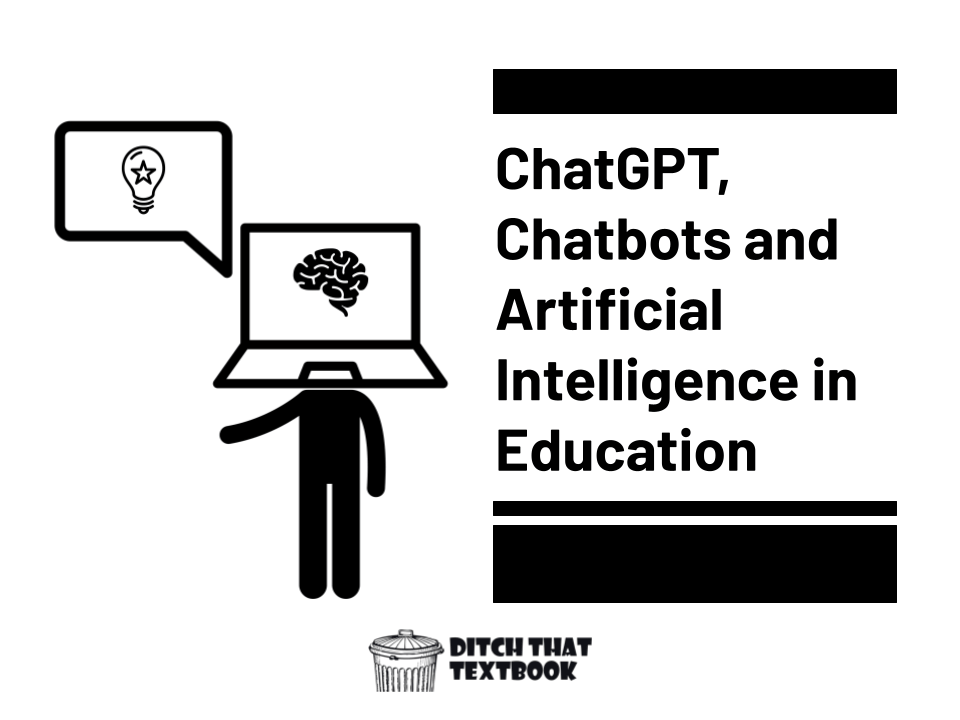The practical guide to using AI to do stuff — from oneusefulthing.substack.com by Ethan Mollick; with thanks to Sam DeBrule for this resource. Ethan Mollick is a professor at the Wharton School of the University of Pennsylvania where he studies entrepreneurship & innovation, as well as how we can better learn and teach.
A resource for students in my classes (and other interested people).
Excerpts:
My classes now require AI (and if I didn’t require AI use, it wouldn’t matter, everyone is using AI anyway). But how can students use AI well? Here is a basic tutorial and guide I am providing my classes. It covers some of the many ways to use AI to be more productive, creative, and successful, using the technology available in early 2023, as well as some of the risks.
…
Come up with ideas
Open Source Option: Nothing very good
Best free (for now) option: ChatGPT (registration may require a phone number)
Best option if ChatGPT is down: OpenAI Playground
.
Also relevant/see:
It was nice talking to @lapiaenrose for the @WIRED article on #ChatGPT and #education. I shared how I use LLMs in class and suggested that banning them would not remove the need for redesigning both the learning goals and assessment methods. #AIEthics https://t.co/30tqFN1FSS
— Olya Kudina (@OlyaKudina) January 27, 2023
On a relevant note:
Gen Z says school is not equipping them with the skills they need to survive in a digital world — from fastcompany.com by Shalene Gupta; with thanks to Robert Gibson for this resource
According to a study from Dell Technologies, Gen Z-ers in 15 different countries feel their government could do better.
Excerpt:
They see an education and skills gap: Forty-four percent said that school only taught them very basic computing skills, while 37% said that school education (for children under age 16) didn’t prepare them with the technology skills they needed for their planned careers. Forty percent consider learning new digital skills essential to future career options.
It’s clear that Gen Z see technology as pivotal for their future prosperity. It is now up to us—leading technology providers, governments, and the public sector—to work together and set them up for success by improving the quality and access to digital learning. Forty-four percent of Gen Z feel educators and businesses should work together to bridge the digital skills gap, and with the speed at which technology continues to evolve, this will require constant collaboration.
Aongus Hegarty, president of international markets at Dell Technologies
AI raises floor, not ceiling.
Basic writers ?? Good writers
Basic designers ?? Good designers
Basic instructors ?? Good instructorsExperts see fewer benefits
AI ?? speed + ideation but better to be original + unique as expert. That’s ? AI
Experts know rules, then break them
— Scott David Meyer (@MrScottMeyer) January 27, 2023











.png)